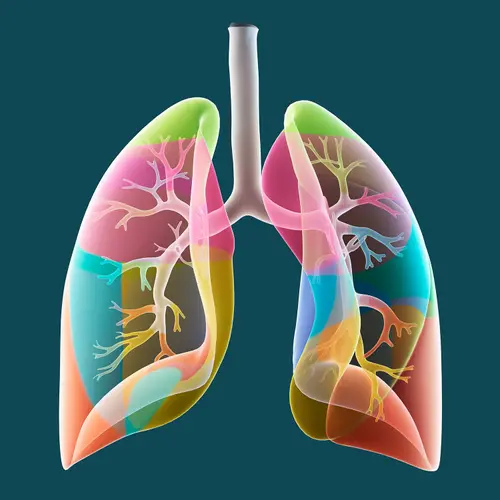If you have lung cancer, it’s common to notice less of an appetite or to lose weight without trying. The disease and its treatment can have an effect on your appetite and how your body breaks down food and uses nutrients.
Some people who have lung cancer take dietary supplements and vitamins to make sure their bodies get all the nutrients they need.
Certain supplements are safe and even helpful when you have lung cancer. Others may interfere with your treatment. Always ask your doctor before taking a dietary supplement or vitamin.
What’s the Best Way to Get Nutrients?
Although supplements may be good, the very best way to get the nutrients your body needs is through fruits and vegetables, says Zhaoping Li, MD, chief of the Division of Clinical Nutrition at the University of California, Los Angeles.
She suggests eating less processed foods and focusing on getting the right balance of macronutrients: protein, carbohydrates, and fats.
“It’s very important to give your body enough protein, because that is supporting your immune system, supporting your body to rebuild because of chemo and radiation,” Li says.
If you don’t have a big appetite or if you feel nauseated, a few things can help, Li says. For example, she recommends mint and ginger to encourage appetite.
“A lot of patient reports and quite a few studies show if you make a ginger tea out of fresh ginger roots, that can really help, not only early morning sickness for pregnant women but for cancer patients as well,” she says.
But if you’re still not getting enough of what your body needs, your doctor might recommend a supplement or vitamin.
Supplements That May Help
When your body gets the fuel it needs, it can better handle the side effects of lung cancer treatment. The supplements and vitamins that might help depend on the person. Your doctor can give you advice based on your unique needs.
Many people with lung cancer find that these supplements help:
Melatonin is a hormone that your body makes to help with sleep. Melatonin dietary supplements often come in the form of pills or gummies.
Some studies have shown that melatonin can make chemotherapy more effective while lowering its side effects. Melatonin can also improve the quality of life for people who have lung cancer.
Omega-3 fatty acids
You can find omega-3 fatty acids in foods like fish and in dietary supplements, like fish oil. Omega-3s make up the membranes of your cells. They can play roles in your blood vessels, heart, immune system and lungs.
“Overall, it’s very helpful for the human cells,” Li says. “There’s no evidence that it would support cancer cells. On the contrary, it has been shown to help the individual respond to chemo or radiation.”
Probiotics
Probiotics are good bacteria that can help with digestion. They’re in foods like yogurt and miso, and you can get them through a supplement. Probiotics may treat diarrhea, inflammatory bowel disease, and symptoms of IBS (irritable bowel syndrome).
In one study, a probiotic called C. butyricum was found to help people who had diarrhea because of chemotherapy.
Multivitamins
Li suggests a multivitamin for people who don’t have a good appetite. These combinations of minerals and vitamins can help you get the recommended amounts when you can’t get enough from food.
“If you really have a poor appetite -- you could not get at least 3 cups of vegetables and fruit -- you may want to take a multivitamin every day, but I wouldn’t do more than that, particularly during treatment,” Li says.
Supplements to Avoid
Certain herbal supplements could make chemotherapy treatment less effective, including:
- Allium (an extract from garlic)
- Curcumin
- Echinacea
- St. John’s wort
- Valerian root
Antioxidants might affect radiation treatment. Some studies have shown that they protect cancer cells as well as healthy ones. They include:
If you’re having radiation to treat lung cancer, avoid large doses of supplements like:
- Coenzyme Q10 (CoQ10)
- Vitamin C
- Green tea extract
- Lycopene
- Silymarin
- Theanine (also called L-theanine)
- Turmeric
- Quercetin

